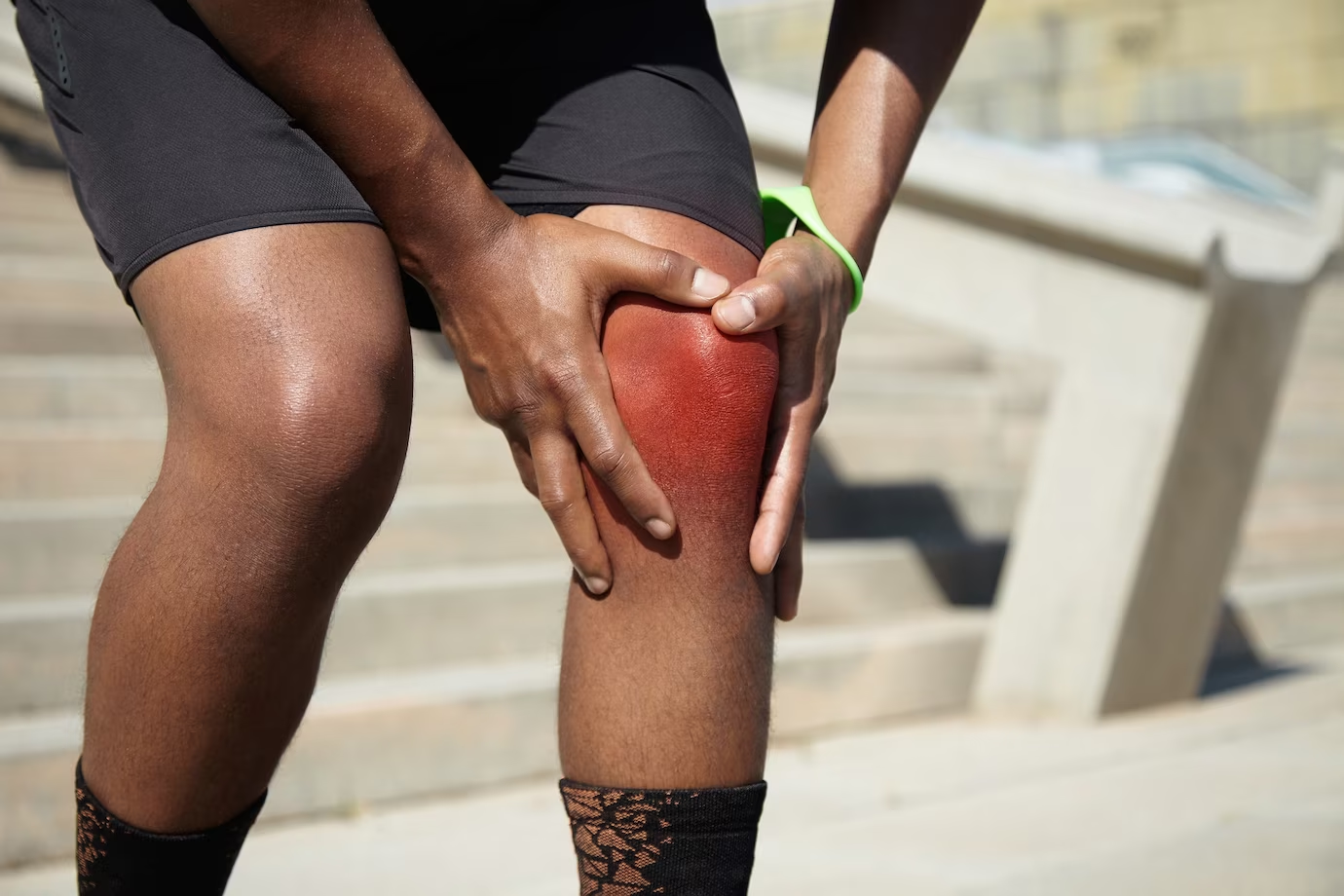Physical therapy and occupational therapy, a key role in managing lymphedema.

Lymphedema is a condition that occurs when excess lymph fluid builds up in the tissues, typically in the arms or legs. It can cause swelling, discomfort, and even limited mobility. While there is no cure for lymphedema, physical therapy and occupational therapy can play a key role in managing the condition
Here are some ways that physical therapy can help with lymphedema management:
- Manual lymphatic drainage: This is a technique that involves gentle massage to help stimulate the flow of lymph fluid and reduce swelling. A physical therapist can use manual lymphatic drainage to target specific areas affected by lymphede
- Compression therapy:Compression garments can help reduce swelling by applying pressure to the affected area. A physical therapist or occupational therapist in Scottsdale, Arizona can help you choose the right compression garments and ensure they fit properly
- Exercise:Regular exercise can help improve circulation and reduce swelling. A physical therapist or occupational therapist in Gilbert, Arizona can develop an exercise program that is safe and effective for individuals with lymphedema
- Education:A physical therapist or occupational therapist in Sun City, Arizona can provide education on self-care techniques to help manage lymphedema, such as skin care, bandaging, and stretching exercises
- Lifestyle modifications:A physical therapist or occupational therapist in Phoenix, Arizona can help you make lifestyle modifications, such as avoiding tight clothing, carrying heavy bags on the unaffected side, and avoiding activities that may exacerbate lymphedema.
In addition to these therapies, a physical therapist can work with other healthcare providers, such as occupational therapists and dietitians, to provide a comprehensive treatment plan for lymphedema management.
Overall, physical therapy and occupational therapy can be an effective way to manage lymphedema and improve quality of life for individuals with this condition.